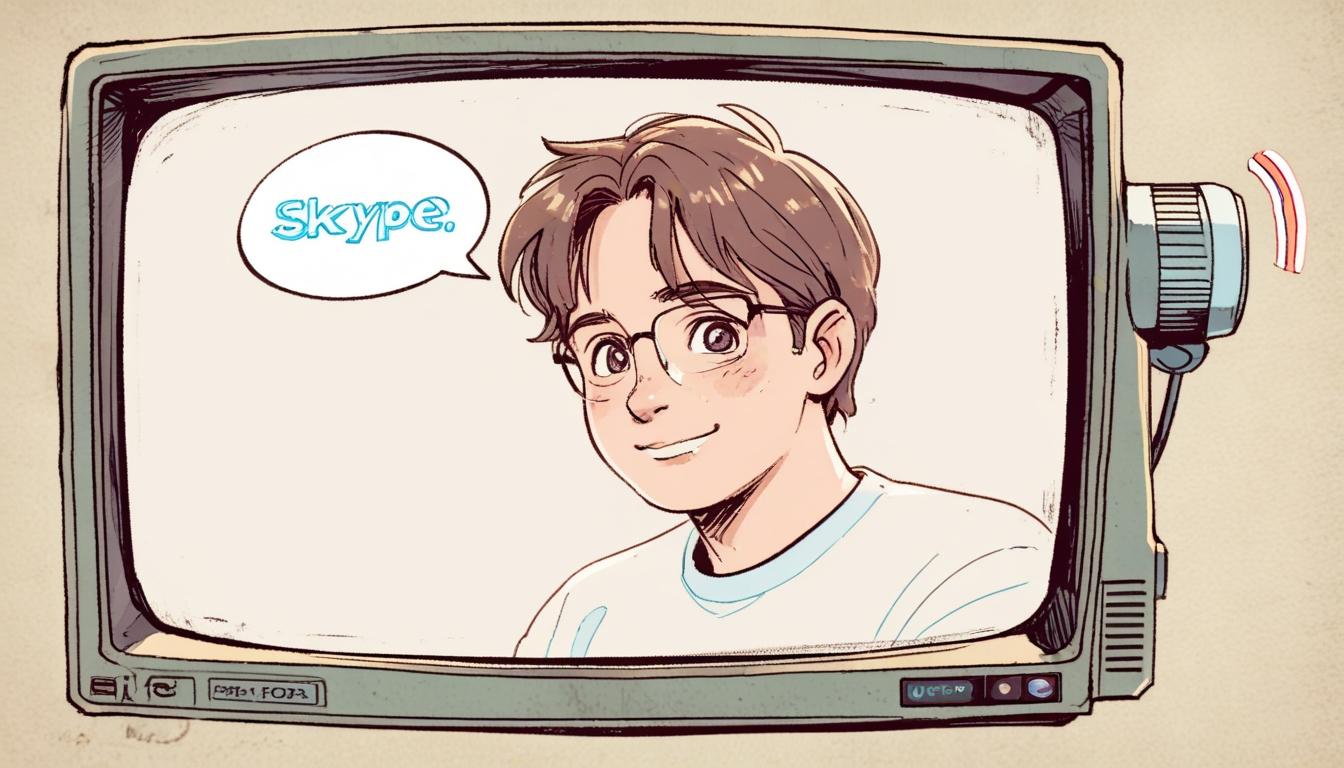Microsoft has officially discontinued Skype, a communications service that played a pivotal role in connecting individuals globally for the past 21 years. The announcement, made in March 2023, draws to a close what was once a groundbreaking platform that allowed users to make free voice and video calls over the internet. At its peak, Skype boasted over 300 million users. However, as demands shifted and competition increased, many users turned to rival services, leading to Skype's decline.
The discontinuation of Skype marks the end of an era for a software that represented early ideals of the open internet—accessible, user-friendly, and primarily free of charge. Users took to social media to reminisce about their experiences with Skype—late-night conversations, long-distance relationships, and connections with family scattered across different locales. The platform’s technical limitations, such as lag and connection issues, became the backdrop for cherished memories marked by moments of pixelated faces and repeated phrases like “Can you hear me?”
Technology journalist Will Guyatt shared his reflections on Skype’s impact during a phone interview, stating, “Skype was a broadening of horizons in my mind.” He recalled joining the platform in its infancy, appreciating its ability to facilitate connections with friends abroad and the novelty of making quality video calls. Similarly, the online community responded with a mix of nostalgia and humour, expressing sentiments such as, “Goodbye folks. It’s been a long, productive relationship,” highlighting the significant life events that were shared through the platform.
Microsoft, which acquired Skype for $8.5 billion in 2011, has since shifted its focus to Teams, its alternative communications platform. While Teams incorporates many of Skype's features, users have also been encouraged to explore other free alternatives. A separate service known as Skype for Business continues to operate. Nevertheless, users were met with disappointment as Microsoft confirmed that unspent Skype credit would not be refunded, although they plan to offer options for account holders to utilise their funds within Teams.
Skype was originally founded in Tallinn, Estonia, in 2003 by Niklas Zennström and Janus Friis, gaining fame for its voice over internet protocol (VoIP) technology that enabled free calls between its users globally, circumventing traditional telecom fees. Following its acquisition by eBay in 2005, which introduced video calls, Skype enjoyed a thriving user base. However, as competing services such as Zoom, WhatsApp, Google Meet, and Cisco emerged, Skype struggled to maintain its relevance.
By 2023, Skype's user engagement had plummeted, with only 36 million daily users reported. Guyatt noted that although initial investments were made to enhance Skype’s interface, Microsoft ultimately prioritised Teams, leaving Skype underdeveloped. He pointed out that the platform's cumbersome login process and its focus on one-on-one calls limited its adaptability, especially as digital meeting formats became the norm during the COVID-19 pandemic.
The closure of Skype stands as a poignant reminder of the rapid evolution of communication technology and highlights the ongoing competition in this dynamic landscape. As users of Skype bid their farewells, they carry with them a trove of shared experiences and memories, embodying the impact of a service that once revolutionised how people connected across distances.
Source: Noah Wire Services
